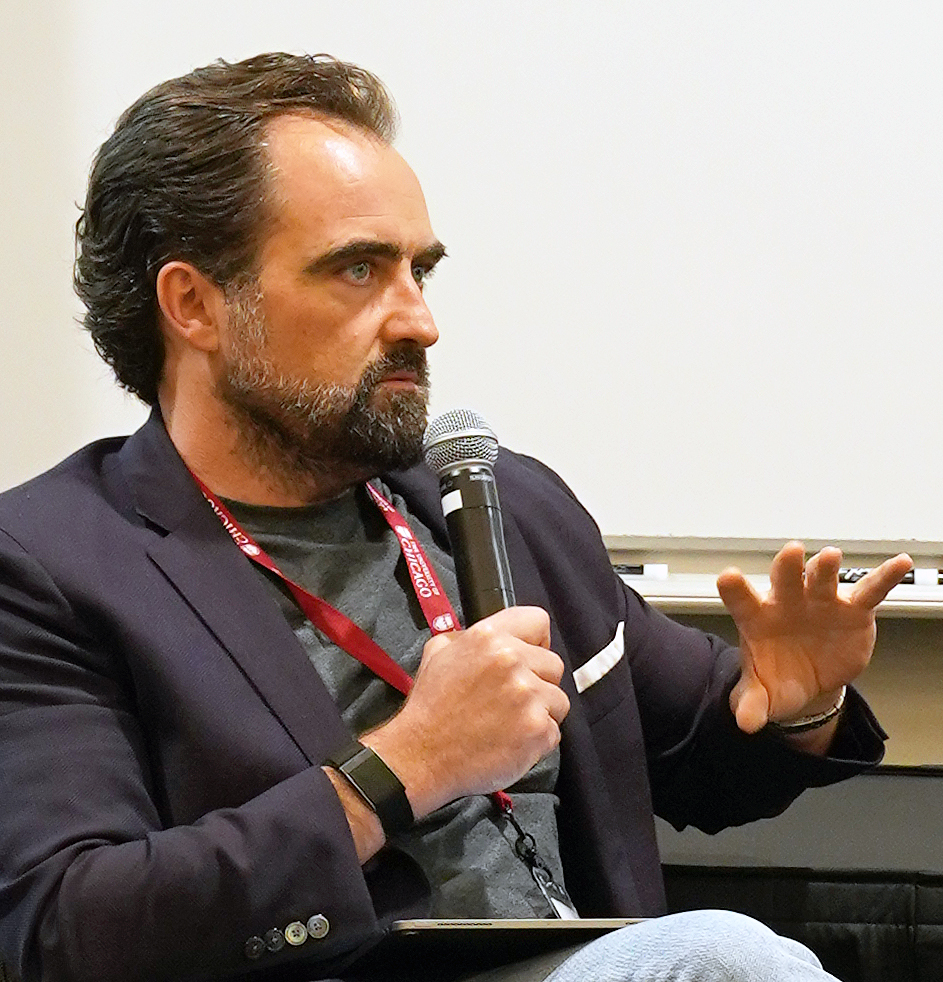A new trend is emerging across industries—partnerships between corporations and universities to develop customized programs aimed at upskilling teams in specific areas.
This enterprising approach stands as a significant shift in how businesses view employee development and how universities engage with the corporate world. By combining the expertise of universities with the practical needs of businesses, these partnerships yield highly targeted educational programs that benefit companies, employees, and universities alike.
The Rise of Customized Corporate Education
Multiple factors drive the need for such collaborations. For one, many businesses require a bespoke training unlikely to be readily available through traditional educational channels. Second, the accelerated pace of technological change in recent years has created a constant demand for specialized new skills across industries. Finally, in a competitive job market, companies are increasingly focused on retaining and developing their existing talent rather than constantly recruiting new employees.
The key to these customized courses is that they check each of these boxes. Focused on cutting-edge topics such as artificial intelligence, quantum computing, and the latest sustainable technologies and strategies, companies that collaborate with universities ensure that the curriculum is fully informed by up-to-the-minute research while also being tailored to their specific needs and industry context. Often, the course or certificate program will already be offered by the university, and through creative consultation, the university works with the company to customize the material based on that consultation.
Seven Key Areas for Customized Certificate Programs
While the areas covered by these corporate–university partnerships are wide and constantly evolving, here are seven areas where important developments are taking place now.
- Data science and analytics: Companies across industries are partnering with universities to create programs that cover advanced data analysis, artificial intelligence, machine learning, and predictive modeling. These courses can focus on use cases and datasets relevant to the company and its industry while also potentially including training on the company’s own proprietary data analysis tools.
- Cybersecurity: With cyberattacks on the rise, organizations are investing in upskilling their IT teams. These programs often cover topics like network security, AI-powered cybersecurity, ethical hacking, and cybercrime prevention strategies and can be customized to meet the specific threat landscape, regulatory environment, and IT infrastructure of the business.
- Regulatory compliance in specific markets: A pharmaceutical company—or a consulting firm with clients in the biomedical space—could partner with a university to create a course focused on navigating the regulatory landscape in specific countries where they operate or plan to expand.
- Digital marketing and e-commerce: Today’s companies are continuously enhancing and even overhauling their digital capabilities as consumer behavior shifts increasingly online. Programs in this area might cover social media marketing, search engine optimization, and e-commerce platform management while using the company’s own data, tools, and platforms to ensure immediate application of what employees learn.
-
Sustainable business practices: The growing emphasis on environmental, social, and governance (ESG) has led companies to partner with universities to develop programs on sustainable supply chain management, inclusive business and supplier diversity strategies, green technology implementation, and corporate social responsibility.
- Leadership and change management: These programs can focus on adaptive leadership, organizational psychology, and managing remote teams while addressing specific cultural challenges and desired cultural shifts within the company. They can also center around developing a plan to realize the company’s unique values, mission, and vision.
- Project management and organizational efficiency: Realizing that project management skills readily apply to roles beyond just project managers, corporations across various sectors are creating tailored programs on advanced project management methodologies, focusing on areas such as agile leadership and cross-functional team coordination that support the specific organizational structures of their companies.
Finally, it’s worth noting that while the blend of academic knowledge and industry-specific applications in customized programs offers significant educational value, these programs can occasionally encounter challenges related to confidentiality and intellectual property as they become more tailored to specific businesses. This necessitates careful navigation of nondisclosure agreements and the creation of appropriate contracts.
A pharmaceutical company, for instance, might partner with a university to develop an advanced course on drug discovery using AI. While the company wants to use its proprietary molecular databases and AI models to make the course more relevant and practical for its employees, issues might arise around sharing the company’s confidential data and AI algorithms. In this case, the partnership needs an agreement that specifies the rights and responsibilities of both parties.
Everyone Wins
The advantages of these partnerships extend to all parties involved. For companies, the primary benefit is access to highly relevant, customized education that directly addresses their skill gaps. This targeted approach to upskilling can lead to improved productivity, increased innovation, and a stronger competitive position in the market, with universities also working with companies to develop key performance indicator (KPIs) for the ROI on training received. Studies have also shown that the commitment to career development plays a critical role in boosting employee retention.
Universities benefit from these partnerships by gaining valuable insights into industry needs that can inform their broader curriculum development. The collaborations can also provide additional funding streams in the form of research grants and other opportunities for faculty to engage in applied research. Furthermore, these partnerships enhance the university’s reputation as an institution connected to real-world business problems.
Employees, meanwhile, gain access to high-quality education that is directly relevant to their careers, often at little or no personal cost. The opportunity to earn academic credentials while working full time can significantly boost their career prospects and job satisfaction.
Partner With UCPE
University of Chicago Professional Education (UCPE) offers innovative and customizable professional education programs that help for-profit and nonprofit companies and organizations build a happier and better trained workforce while they more effectively reach their organizational goals.
Combining the approach known as constructivism—the theory that learning is a collaborative process that entails creating, sharing, and interacting—with UChicago’s singular emphasis on inquiry, impact, and free expression, UCPE’s experts collaborate with managers and executives across a partnership journey to develop learning trajectories that are targeted to the unique strategic plans of businesses and their employees.
This multipronged approach, led by industry experts, brings the exclusive and customized education to organizations that both attracts and retains top talent while also providing the skills workforces need to meet organizational objectives and create the competitive edge to stand out and move forward. Learn more about UCPE’s approach to partnerships.

Ready to Advance Your Mission?
Get in touch with the UChicago Professional and start designing your organization's future today.
Partner With Us


